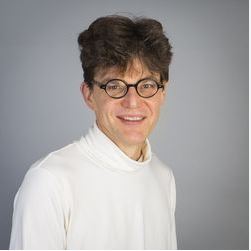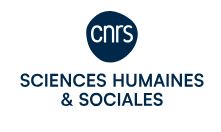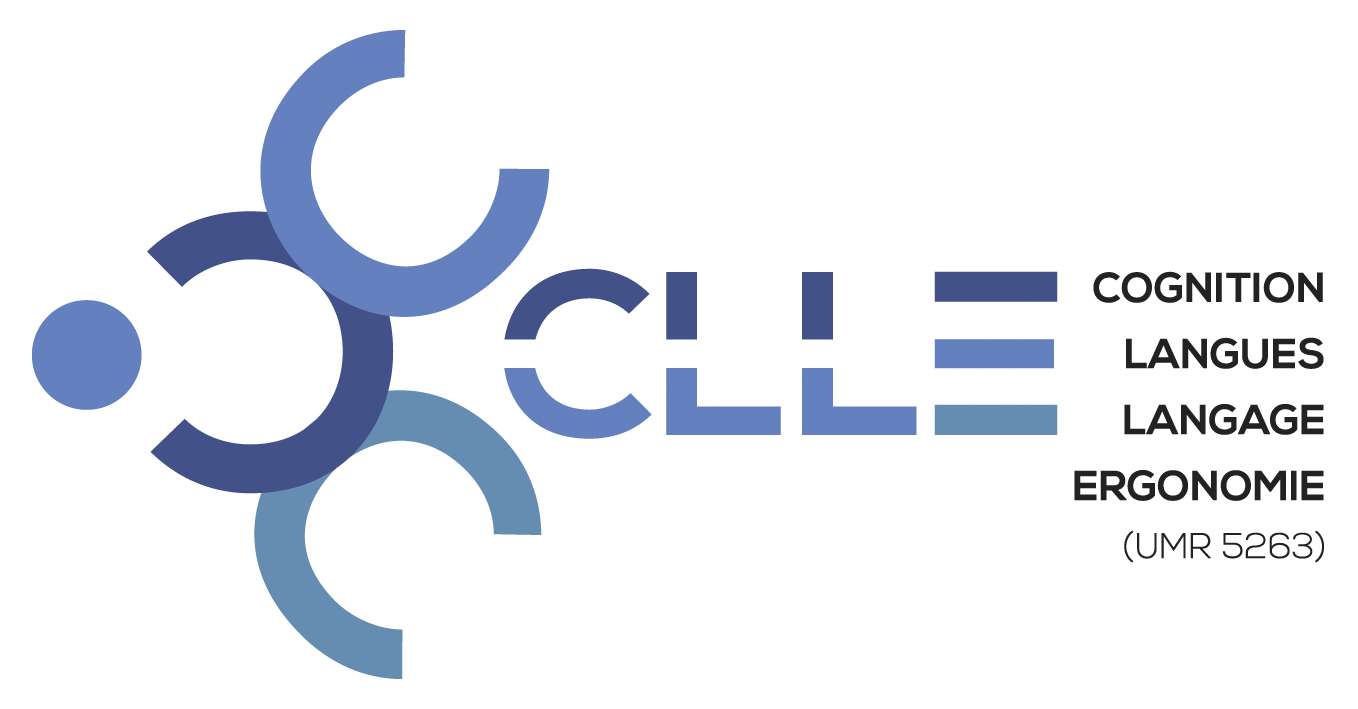-
Partager cette page
Uli Sauerland, Leibniz-Centre General Linguistics and CNRS Fellow Ambassador 2024
Publié le 2 octobre 2024 – Mis à jour le 5 mars 2025
du 21 octobre 2024 au 25 octobre 2024

Le Prof. Uli Sauerland (ZAS Berlin), actuellement CNRS Fellow Ambassador visitera le laboratoire CLLE du 21 au 25 octobre 2024.
Il est accueilli par Fabio Del Prete, chercheur CNRS CLLE et pourra vous rencontrer dans son bureau, le B514.
About Prof. Uli Sauerland :
Initially a mathematical logician, Uli Sauerland completed his PhD in linguistics at MIT in 1998, with Noam Chomsky, Irene Heim, and David Pesetsky serving as his supervisors. Since 2005, he has directed the Semantics and Pragmatics Research Area at the Leibniz-Centre General Linguistics (ZAS) in Berlin, for which he served as deputy director. He regularly teaches as honorary professor at the University of Potsdam, and was a guest professor at a number of European, Asian, and North American universities.
The central question of his research project is the following: what does the study of language reveal regarding human thought? This question has been central to the philosophy of language since at least the 17th century. Seeking to reconcile the Leibnizian view of language as a “mirror of the mind” with the ideas of Chomsky and others who believe that language appears, in many respects, to be unsuitable for communication, Sauerland explores the hypothesis that representations of thought can be used for language-based communication only after being radically reduced.
Sauerland’s research includes numerous influential contributions in semantics and pragmatics, and he is also known for his work in the fields of syntax, morphology, and language acquisition. He has conducted fieldwork in the Lesser Sunda Islands and the Amazon, and has also led multiple national and international linguistic research initiatives.
Uli Sauerland donnera un séminaire le jeudi 24 octobre 2024 à 14h salle E411 à la maison de la Recherche à l'UT2J.
Title: The Atoms of Meaning Child Languages Reveal
Abstract:
The most surprising type of non-adult utterance children produce are errors of commission: Cases where children generate more linguistic material than adult do. When children create such errors even across different languages, they make a strong case that some cognitive universals underly them. We find that in many cases commission errors occur where linguistic theory independently postulated silent elements such as traces and negation markers (Guasti et al. 2022). Within the Meaning First Approach (Sauerland & Alexiadou 2020), we propose that children undercompress universal cognitive structures. I report on recent findings from child language elicitation studies across 40 languages.

15/01/2025
Trois questions à Uli Sauerland, « fellow-ambassadeur » 2024 du CNRS
Il est accueilli par Fabio Del Prete, chercheur CNRS CLLE et pourra vous rencontrer dans son bureau, le B514.
About Prof. Uli Sauerland :
Initially a mathematical logician, Uli Sauerland completed his PhD in linguistics at MIT in 1998, with Noam Chomsky, Irene Heim, and David Pesetsky serving as his supervisors. Since 2005, he has directed the Semantics and Pragmatics Research Area at the Leibniz-Centre General Linguistics (ZAS) in Berlin, for which he served as deputy director. He regularly teaches as honorary professor at the University of Potsdam, and was a guest professor at a number of European, Asian, and North American universities.
The central question of his research project is the following: what does the study of language reveal regarding human thought? This question has been central to the philosophy of language since at least the 17th century. Seeking to reconcile the Leibnizian view of language as a “mirror of the mind” with the ideas of Chomsky and others who believe that language appears, in many respects, to be unsuitable for communication, Sauerland explores the hypothesis that representations of thought can be used for language-based communication only after being radically reduced.
Sauerland’s research includes numerous influential contributions in semantics and pragmatics, and he is also known for his work in the fields of syntax, morphology, and language acquisition. He has conducted fieldwork in the Lesser Sunda Islands and the Amazon, and has also led multiple national and international linguistic research initiatives.
Uli Sauerland donnera un séminaire le jeudi 24 octobre 2024 à 14h salle E411 à la maison de la Recherche à l'UT2J.
Title: The Atoms of Meaning Child Languages Reveal
Abstract:
The most surprising type of non-adult utterance children produce are errors of commission: Cases where children generate more linguistic material than adult do. When children create such errors even across different languages, they make a strong case that some cognitive universals underly them. We find that in many cases commission errors occur where linguistic theory independently postulated silent elements such as traces and negation markers (Guasti et al. 2022). Within the Meaning First Approach (Sauerland & Alexiadou 2020), we propose that children undercompress universal cognitive structures. I report on recent findings from child language elicitation studies across 40 languages.

15/01/2025
Trois questions à Uli Sauerland, « fellow-ambassadeur » 2024 du CNRS





